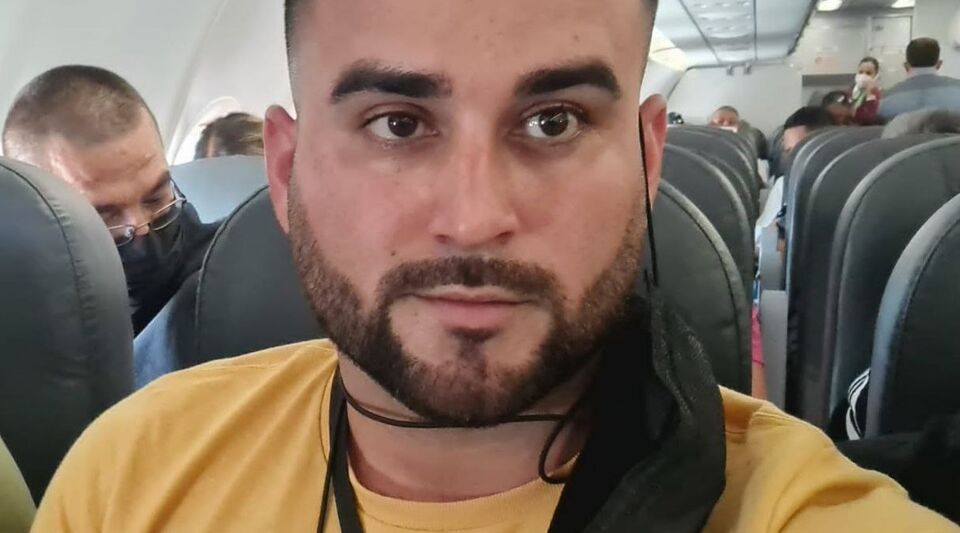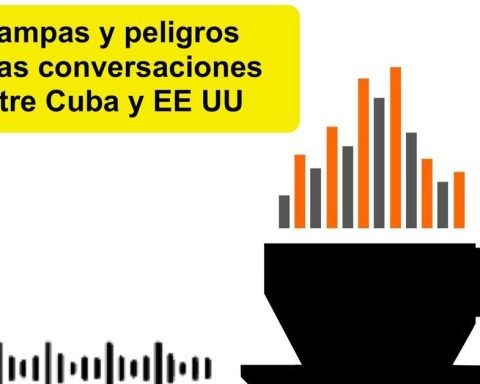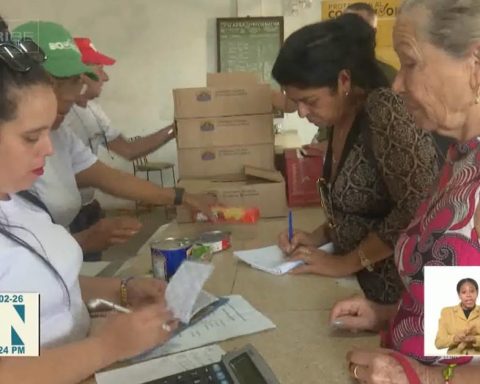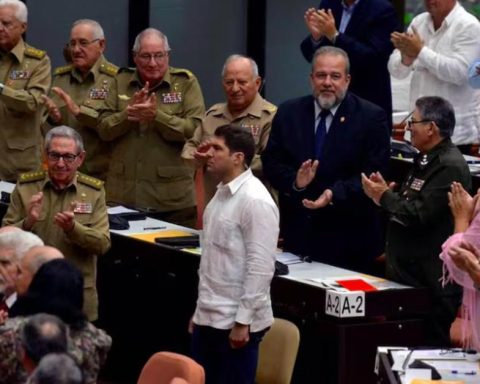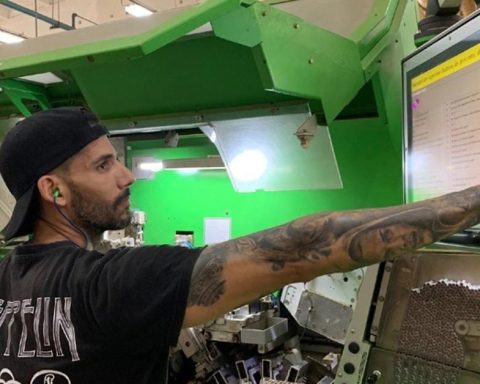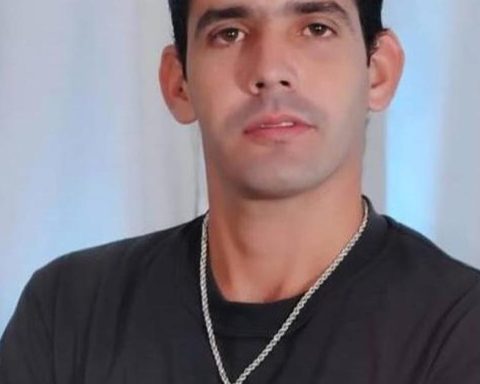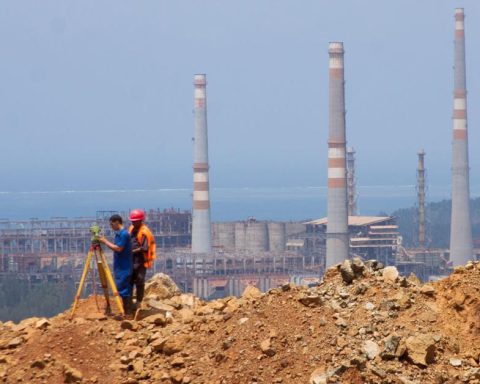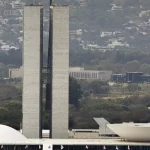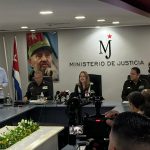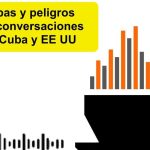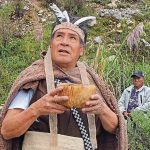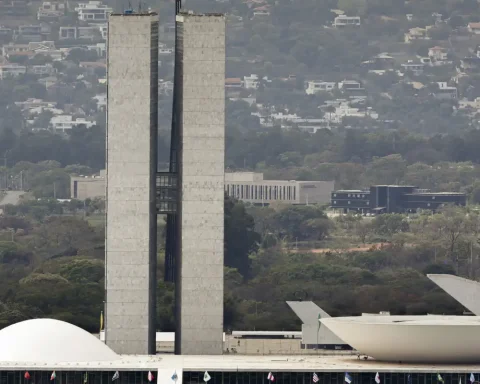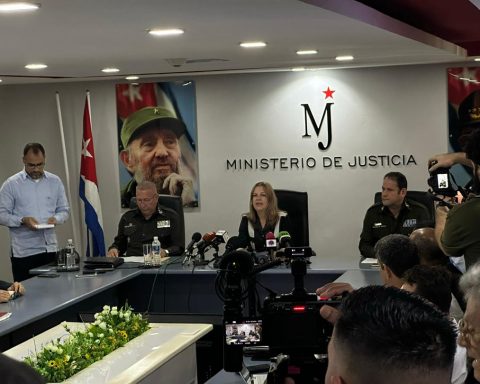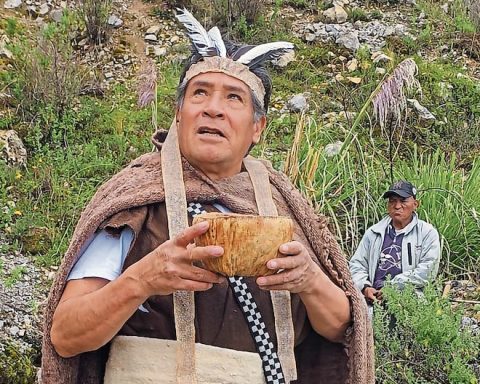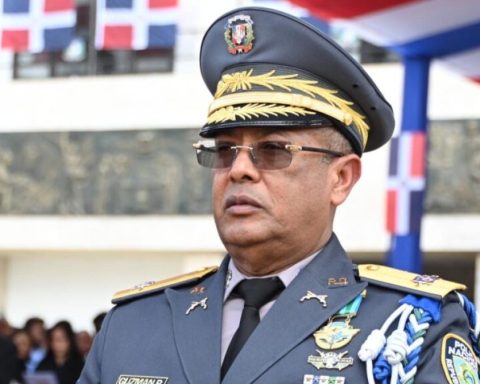Every day it is more common to arrive at a doctor’s office and hear “we don’t have a doctor, he has to come another day”. The exodus in the Public Health sector is increasing despite the obstacles that the Cuban Government puts up to prevent the bleeding of white coats. One of the most recent to emigrate has been Manuel Warobstetrician and critic of the regime.
Member of the Archipelago platform, expelled from his job at the Nicodemus Regalado Hospital in Holguín and arbitrarily arrested Last October, Guerra recently left the island with a stopover in Nicaragua, trying to leave the repression behind and with a view to practicing medicine in freer circumstances.
Now, in a country that he prefers not to mention in order to avoid the long arm of State Security, the doctor admits that his dream of a democratic opening on the Island has come true. “My mother called me a dreamer and I had hope, even before July 11, that there could be an imminent change in Cuba, because society was manifesting itself.”
Guerra had been waiting for years for a family reunification immigration process with his father, who lives in the United States
The doctor tells 14ymedio who dared to express his questions publicly when he saw people like “Yunior Morales, Saily Gonzalez and his own Yunior Garcia Aguilera“, opposing the regime. “They were raising their voices and joining forces against the dictatorship for some time now.”
But her entry into activism came with a personal history of struggle. Guerra had been waiting for years for a family reunification immigration process with his father, who lives in the United States. His condition as a resident doctor condemned him to be regulated, so he tried to leave the country illegally in 2019, was intercepted and the anger of the authorities increased around him.
For decades, when a doctor announces that he plans to emigrate or is caught in the act of doing so, he knows that he will be placed in the hospitals with the lowest resources, in the most deteriorated consultation rooms and that long shifts, cases that few want to attend and the hours in a Guard Corps doing sutures.
Guerra’s case was no different, but his passion for his profession made him face the challenge with professionalism and put aside his plans to emigrate. However, he acknowledges that “we don’t have even the most basic medicines in a hospital. We don’t have painkillers, we don’t have antibiotics.” Despite his problems, he continued with his specialization in Obstetrics and Gynecology.
His anecdotes of the Cuban health disaster would fill several volumes: “I had to suture a patient, after giving birth, without anesthesia.” However, he warns that in addition to the resources “to be a doctor you have to have human quality, you have to be on the side of the people, of the people who suffer. The doctor has to be fair, first of all.”
However, he warns that in addition to the resources “to be a doctor you have to have human quality, you have to be on the side of the people, of the people who suffer”
And that sense of justice led Guerra to show his solidarity with his colleague Alexander Raul Pupo Casaswho was defamed by official spokesmen for publishing his critical opinion about the political situation on the island and resigned from his job at the Ernesto Guevara hospital in Las Tunas, where he was doing his Neurosurgery residency.
The obstetrician regrets that Pupo’s example has not spread among health personnel. “If only the Cubans would take a semi-critical position, but except for a few who have the decorum that many men do not have, Cuba has a submissive people, a cowardly people,” he lamented.
“It is true that the oppressive regime is arbitrary, totalitarian, harmful to the mental and physical health of all our brothers, but we are the ones who have allowed it.” On his migratory journey he has met many Cubans: “I have seen a mother with a three-month-old girl in her arms and 74-year-old diabetic patients jumping the border, crossing the mountains.”
The days before boarding the plane were a whirlwind. He details that the pressures of the political police grew. After his arrest in October, he “felt alone, literally alone.” When he left the police station where he had to sign the dismissal of that process, his wife and his mother were just waiting for him. “And so I decided to leave the country.”
During these months, he heard from State Security agents everything from veiled threats against his family to phrases calling him to leave the Island or he would be imprisoned. Shortly after, the authorities withdrew the regulation of travel that weighed on him and, in an expeditious manner, they also renewed his passport.
Until the last moment, a few meters from the boarding gate at the Havana airport, the political police pressured him to sign a document retracting his publications critical of the regime, but Guerra refused. Those minutes until the plane took off were the longest of his life.
Returning to Cuba seems impossible in the current circumstances: “Now I’m a realist, I’m not a silly dreamer. I know it’s very difficult for them to let me in again, I’d have to be totally silent and not talk anymore, which I’ll never do.” to do”.
Guerra exercises his English and thinks about the day when he can put on his white coat again and practice his profession. Meanwhile, in a hospital in Holguin, her hands are no longer there to receive a newborn baby, give the first spank of life and show an exhausted but happy mother that new being that has arrived to inhabit a house and an island.
________________________
Collaborate with our work:
The team of 14ymedio is committed to doing serious journalism that reflects the reality of deep Cuba. Thank you for joining us on this long road. We invite you to continue supporting us, but this time becoming a member of our journal. Together we can continue transforming journalism in Cuba.
